ExxonMobil, UC Berkeley, Berkeley Lab develop new MOF for carbon capture and steam regeneration
Green Car Congress
JULY 25, 2020
Scientists from ExxonMobil, University of California, Berkeley and Lawrence Berkeley National Laboratory have developed a new material that could capture more than 90% of CO 2 emitted from industrial sources using low-temperature steam, requiring less energy for the overall carbon capture process. UC Berkeley graphic by Eugene Kim).


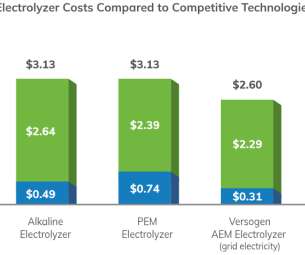






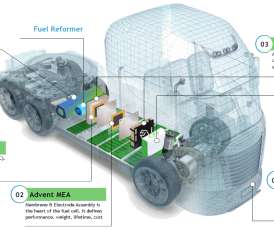


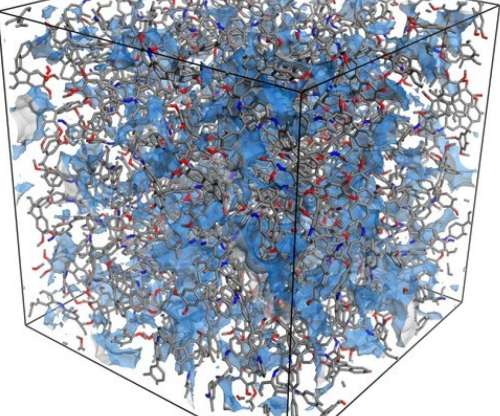




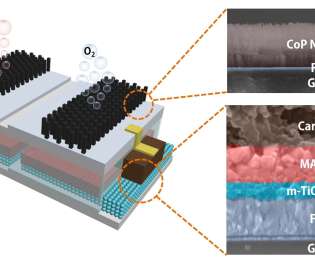
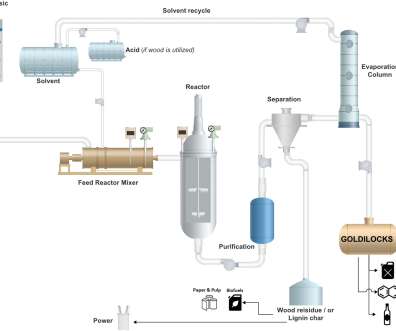

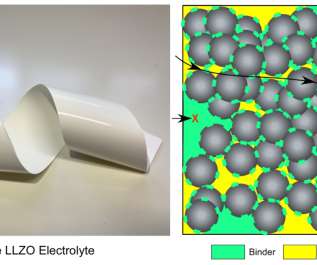



















Let's personalize your content